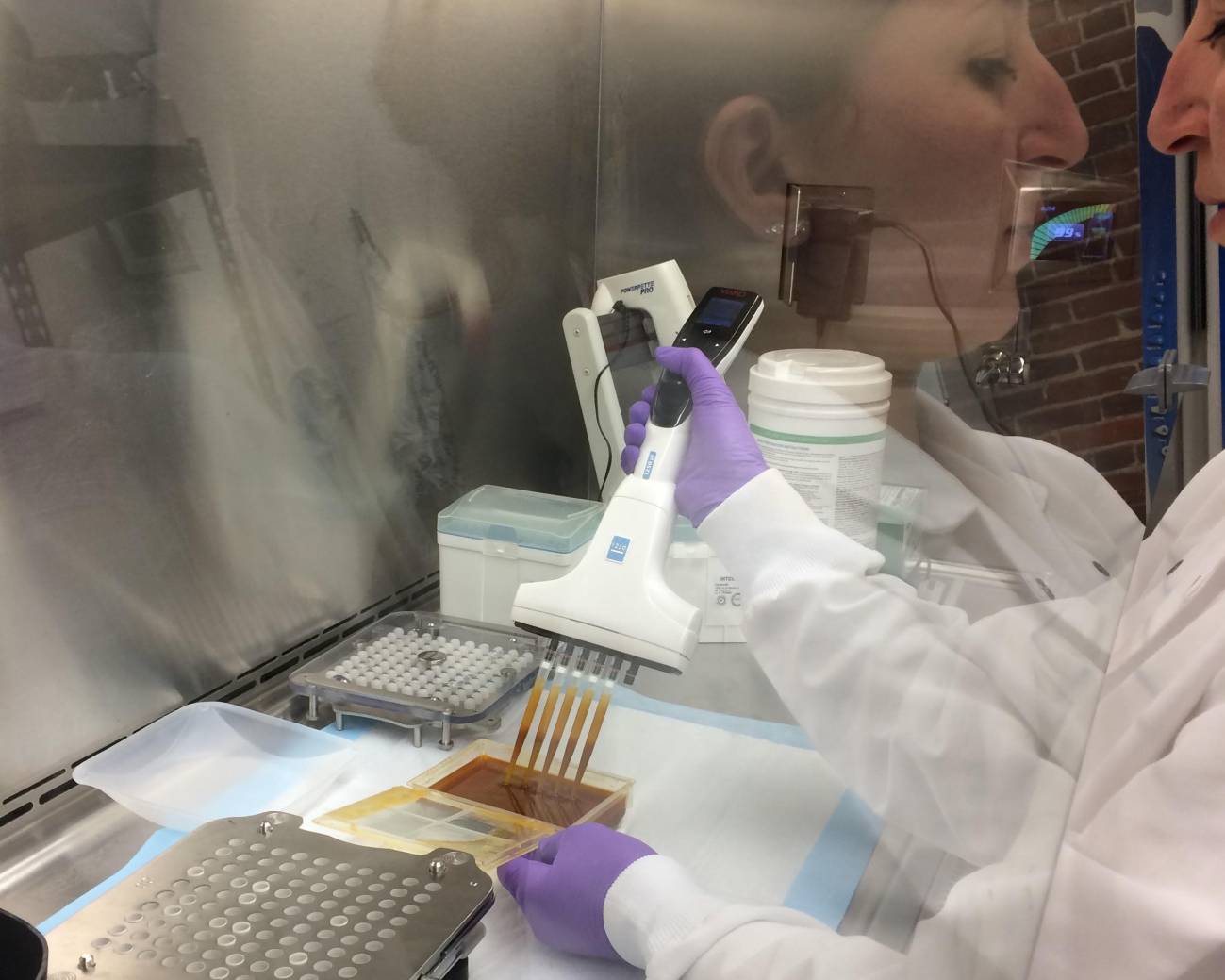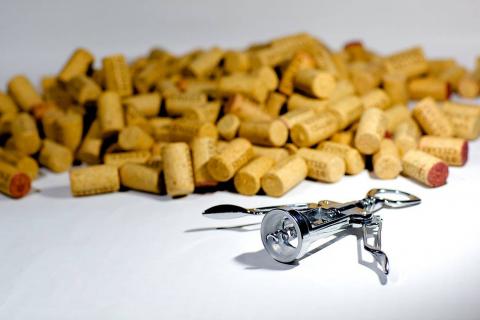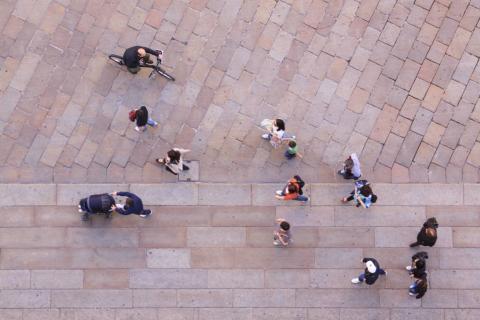Reaction to the proposal of widespread banking of stool samples for fecal transplants later in life
The rise in cases of asthma, allergies and digestive tract diseases, among others, could be linked to changes in the microbiome. US researchers are propose to combat this trend by having us all save samples of our own gut microbiota when we are young and healthy, for later use in an autologous faecal microbiota transplant.

Rosa del Campo sobre bancos de heces - EN
Rosa del Campo
Researcher at the Ramón y Cajal Hospital and member of the Specialised Group for the Study of the Human Microbiota of the Spanish Society of Infectious Diseases and Clinical Microbiology (SEIMC-GEMBIOTA)
This article discusses the possibility of preserving gut microbiota from a stool sample for autologous transfer if needed. According to this article, the industrialisation process is largely to blame for the process of microbiota destructuring. That is why it is proposed to preserve it when we are healthy and young.
Our opinion is that, first of all, the usefulness of this procedure should be demonstrated, since, although it might sound logical to reset the bacterial composition, it has not been proven that this kind of action has any healthy effect. The microbiota is modulated by many factors, most of which we cannot control. But it should not be ruled out that changes in composition are due to acclimatisation of the microbiota to the environmental or genetic situation.
The Spanish Agency for Medicines and Health Products (AEMPS) has granted stool transplantation the status of a biological medicine, so these processes are subject to medical regulation. The only approved medical indication for which a faecal microbiota transfer can be performed is recurrent Clostridioides difficile infection.
We note that a Spanish company, Microviable, has been offering the microbiota preservation service to the public since 2019.
Ke et al.
- Opinion
- People



